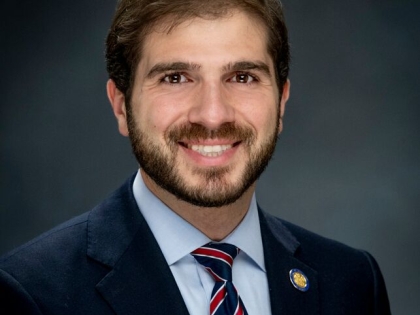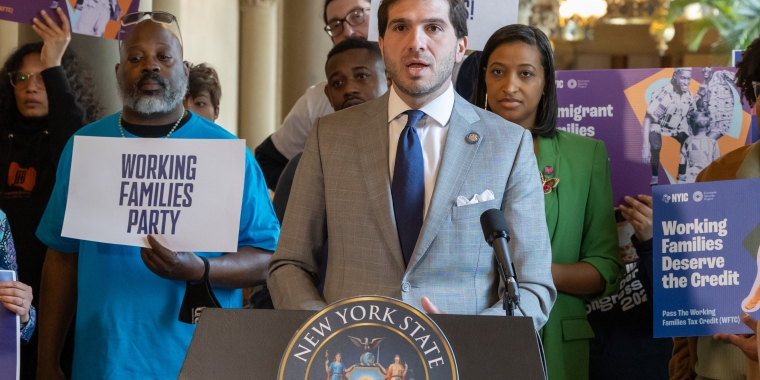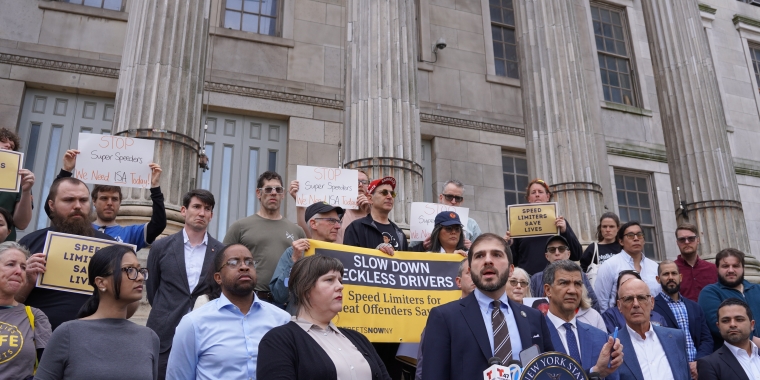
For one year, no statute of limitations for child sex abuse victims

Gov. Andrew Cuomo signs the Child Victims Act on Feb. 14, 2019. AP Photo/Seth Wenig
They say they were sexually abused by foster parents, clergymen, school teachers and Scout leaders. Soon, they’ll finally have their day in court.
Beginning Aug. 14, individuals that had been time-barred from filing sexual abuse lawsuits against alleged perpetrators, dating back to childhood, will have a new opportunity to do so for up to a year.
This so-called “look-back window” is part of the Child Victims Act, which extended the statute of limitations for both criminal and civil lawsuits when it was signed into New York State law by Gov. Andrew Cuomo in February. The bill had floundered in the State Senate for over a decade, blocked by Republican representatives. But after Democrats took majority control in January, it quickly arrived on the Assembly floor and passed by a resounding 130-3 vote.
“This bill will provide necessary relief to child victims of sexual abuse by amending New York’s antiquated laws to ensure that perpetrators are held accountable for their actions, regardless of when the crime occurred,” Cuomo’s office wrote on the governor’s website when the law went into effect.
The Child Victims Act now allows prosecutors to bring criminal charges against an alleged sexual abuse offender until an accuser turns 28, and alleged victims can also now file a civil lawsuit any time before they reach 55 years of age. Previously, child sexual abuse offenses could only be prosecuted within five years of their occurrence, and civil lawsuits could only be filed prior to an alleged victim’s 21st birthday.
But Aug. 14’s landmark date means that anyone of any age has one year to file a retroactive sexual abuse lawsuit against an alleged offender.
“It really is historic legislation, both in New York in the country,” said Jason Amala, an attorney at a Seattle-based law firm who has has represented hundreds of survivors of childhood sexual abuse. “These windows are not common, but it’s a really good thing.”
Only four states — California, Hawaii, Minnesota, and Delaware — have opened up similar look-back windows, but Amala hopes New York’s clear outlines set new precedents.


